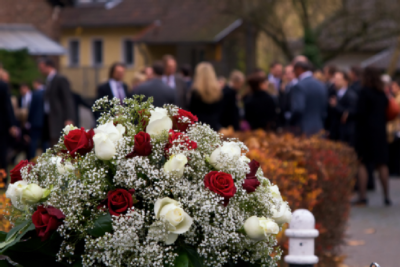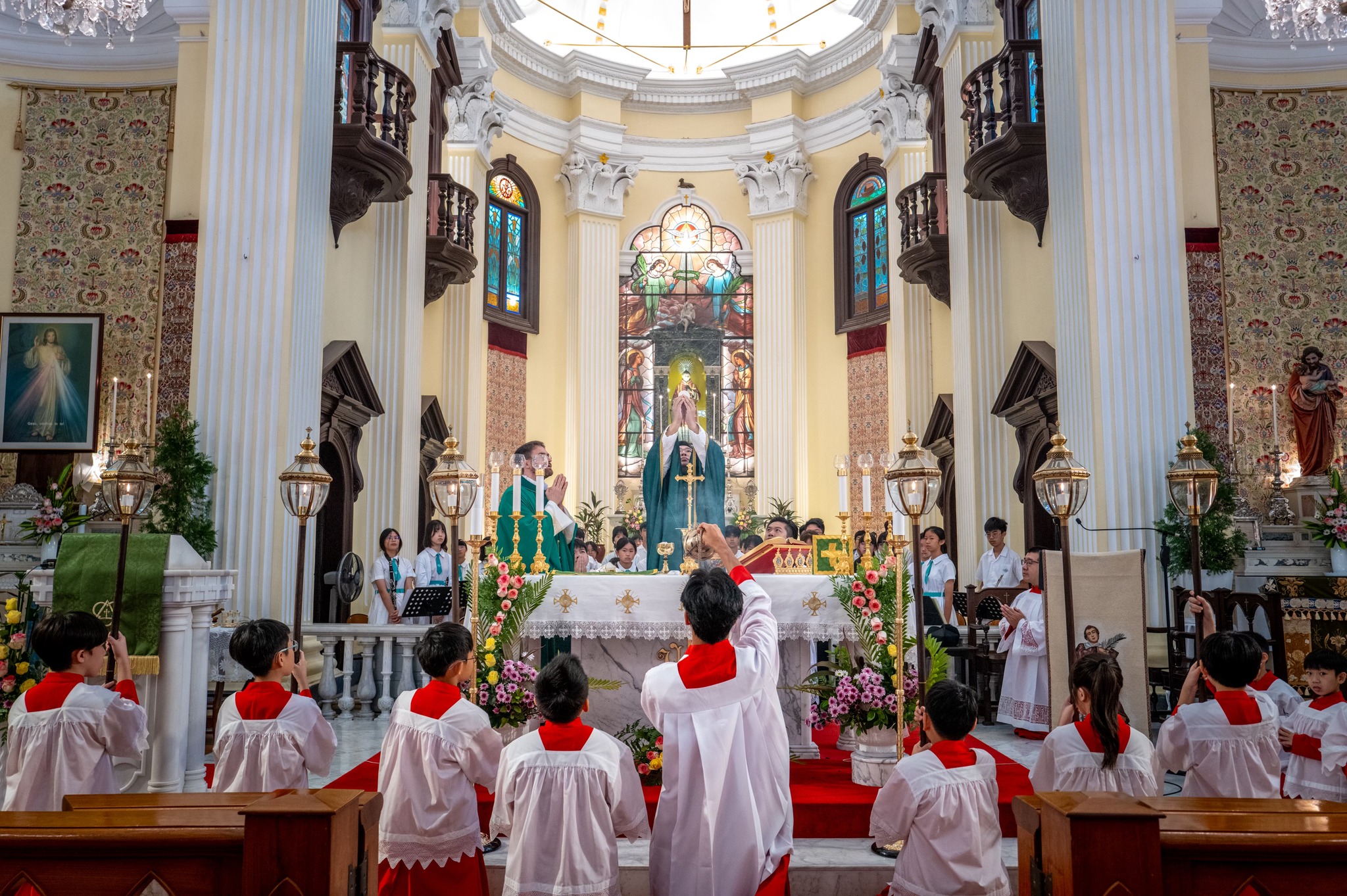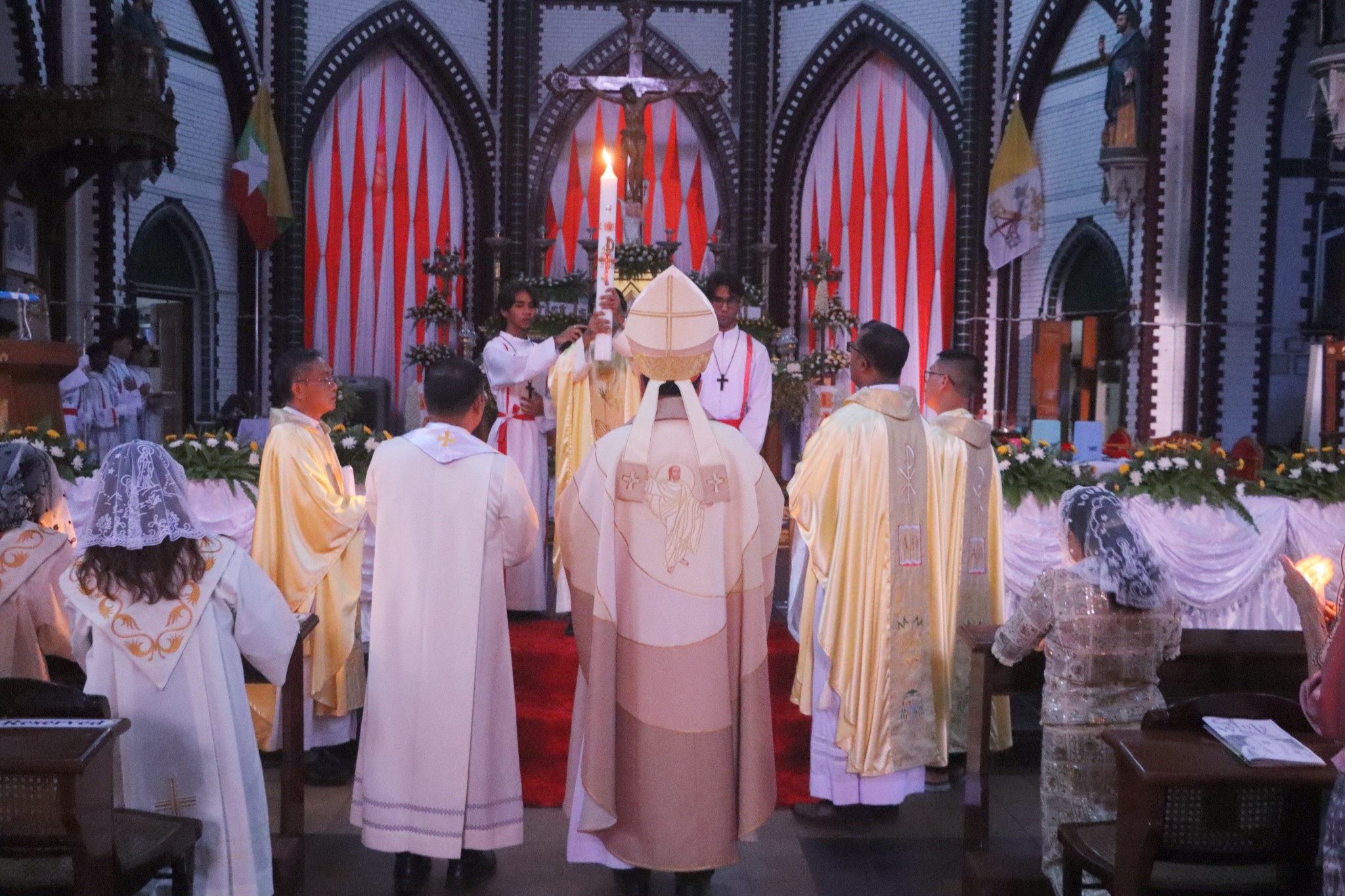– Aldo Maria Valli
In the first day of August, the Church remembers St. Alphonsus Maria de’ Liguori (1696-1787), to whom I am attached for many reasons. He composed Tu scendi dalle stelle (You come down from heaven), the best known Christmas folk song, and to him is entitled the parish of which I have been part since I live in Rome. Also he wrote Preparation for death, a very useful work, because it reminds us that down here the only thing that matters is to prepare ourselves for life up there.
Beatified in 1816, canonized in 1839, proclaimed Doctor of the Church by Pius IX in 1871 and patron of confessors and moralists by Pius XII in 1950, St Alphonsus is one of those authors who always do well. And Apparecchio alla morte (the Italian title) is particularly indicated to give the right value to things
“Begin to read it again,” Pius IX recommended to the seminarians. And when the Rector pointed out to him that the young students already knew him well, the Pope commented: “They reread it, they re-read it again, because even if you know it by heart, there is always the fruit to be received.”
Appreciated, among others, by Saint Gemma Galgani and Saint John Bosco, Preparation for death does not reveal anything new compared to what the Church has always taught. But his merit is to clearly say what the Church too often does not say anymore.
“Therefore we must procure ourselves not that good fortune that ends, but that which will be eternal, for our souls are eternal. What good would it be to be happy (if ever there can be true happiness in a soul that is without God), if then you should be unhappy for all eternity?”
“What you can do today, do not wait to do it tomorrow, because today passes and does not come back, and tomorrow you may come death, which will not allow you to do anything.”
“What is our life? It is like a vapor, which disappears in a little wind, and there is no more. Everyone knows that they are dying; but the deception of many is that death is so distant, as it would never come .”
“Death is coming to us sooner than a runner, and we run to death every moment. In every step, in every breath at death we approach.”
“So you have to live, my dear reader, all the years you hope for, one day has to come, and of that day an hour, which will be the last for you. For me, writing now, for you who read this booklet, the day is already decreed and the point, in which I will no longer write, nor will you read any more.”
“My brother, since you have been written one day in the book of baptism, so you will have one day to be written in the book of the dead. Since you name your ancestors now, the good memory of my father, my uncle, my brother; so posterity will have to say about you too. Since you have heard several times about death of others, so others will have to hear of you.”
“What greater madness then is to know that one has to die, and that after death there is either an eternity of joys or an eternity of pains; to think that on that point depends our being eternally happy or eternally unhappy, and then not thinking about adjusting the accounts and taking all the means to make a good death?”
“We pity those who die immediately, and do not find themselves prepared to death: and, then, why we do not procure to be prepared, it being possible that the same thing may happen to us?”
“And what are we doing? We want to wait to get ready to die well, when death is already near? We must therefore do in the present what we want to have done in death.”
“Some will say: but I am young, I will give myself to God. But know (I answer) that the Lord cursed that fig, which he found fruitless, even though it was not a time of fruit, as the Gospel notes.”
“The other one will say: what’s wrong with me? Oh God, and is not it bad to waste time in games, in useless conversations, that nothing benefits the soul? May God give you this time, so that you may lose it?”
In the general audience of March 30, 2011, dedicated to St Alphonsus, Benedict XVI said: “In our time, in which there are clear signs of loss of moral conscience and – it must be recognized – of a certain lack of esteem for the Sacrament of Confession, the teaching of Saint Alphonsus is still very timely.”
Angelo Gugel, room adjutant of John Paul I, revealed (interview with Corriere della sera, 22 April 2018) that Pope Luciani the evening before his death “at dinner he ate very little and at the table he spoke with his secretaries of the Preparation for death , the book of Saint Alphonsus Maria de’ Liguori”.
And we conclude with another phrase from St Alphonsus, from which emerges its Christian concreteness, so different from certain “liquid” Catholicism to which we are accustomed today: “Let us revive the faith that there is hell and eternal paradise; either one or the other we will have in sort.”
(From Duc in altum, 2018©AP. Used with permission)


 Follow
Follow


